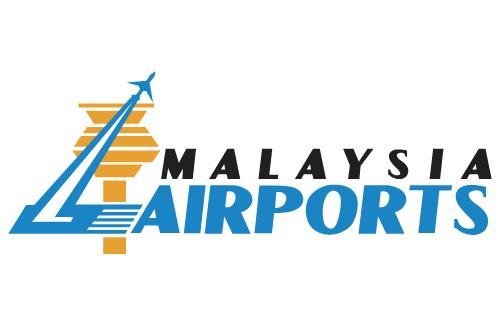Leading The Industry Through KUL Sustainability Charter

A Way Forward for KL International Airport to Remain Competitive
SEPANG (27th February) – Malaysia Airports launches its KUL Sustainability Charter today in its bid to lead the national aviation industry and its corresponding communities to embrace ecological, social and economic strategies that will foster company longevity and competitiveness. The charter is the organisation’s commitment to sustainable business performance and practices that will benefit all parties across the board. This platform will provide the KUL community at both terminals of KL International Airport (IATA Code: KUL) a clearer vision of the sustainability goals and initiatives as well provide guidance in applying the best practices. Present at the launch were YB Puan Isnaraissah Munirah Majilis, the Deputy Minister of Energy, Science, Technology, Environment and Climate Change (MESTECC) and Raja Azmi Raja Nazuddin, Group Chief Executive Officer of Malaysia Airports.
Raja Azmi said that he is very proud of this new development and said, “As we are aware, the air transport sector plays a significant role in supporting Malaysia’s economic growth. It connects people around the world and brings tourists into Malaysia, creates hundreds of thousands of jobs locally as well as facilitates business growth. Despite the positives the aviation industry brings to the country, there are also negative implications which critically affects our environment. In 2017 alone, the global aviation produced 859 million tonnes of carbon emissions, accounting for roughly 2% of all human induced carbon emissions globally. If no immediate action is taken, carbon emissions is expected to double in 2036.”
Raja Azmi further clarified that the entire KUL community is working in tandem to ensure a sustainable development that meets the needs of the present without compromising the ability of the future generation to meet their own needs. He said, “We are committed to embracing new business opportunities while managing risks and impacts on the economic and social aspects. We also aim to provide exceptional customer experience, strengthen the safety and security measures of the airport, focus on KUL Community development through partnerships, and promoting diversity and inclusivity,”
The KUL community comprising airlines, ground handlers, retailers, government agencies, regulators, shareholders, media, vendors, contractors and service providers will be guided by the Sustainability Charter framework that is divided into five pillars namely Practicing Sensible Economic, Environmental Consciousness, Creating An Inspiring Workplace, Community-Friendly Organisation and Memorable Airport Experiences. With the Charter penned down, the public is assured of Malaysia Airports’ efforts in balancing different facets of sustainability initiatives for the airport’s two terminals, KLIA Main and klia2. The Charter would directly benefit the KUL community to collectively participate in, keep track of, update, and ensure the achievement of sustainability in the airport operations.
YB Isnaraissah said, “The Charter is an excellent initiative considering the rapid and progressive nature of the airport and airline business. This ‘living document’ cements the entire KUL community’s testament to a more sustainable operation for all its airports and businesses. I am proud that this is happening in Malaysia and initiated by a giant such as Malaysia Airports. It demonstrates commitment of the KUL community to the environment through mitigation of environmental impact and protection that ensures continuity in business growth aligned with the nation’s building expectations.”
KLIA will pioneer the Charter before other airports because its impact is the highest, as evidenced by the highest number of airport users and stakeholders within its community. The Charter outlines specific strategies to address KUL’s material sustainability matters, and where relevant, it sets out targets and indicators to address these matters. One of the identified material matters is the service quality. Initiatives linked to this include developing a common KUL Culture which aims to reach out to other parties within the airport community such as the check-in counter personnel, customs, and tenants; providing meet-and-greeter facilities and addressing the amenities that emphasise accessibility. These initiatives will then further feed into an improvement in Airport Service Quality (ASQ) scores.
Malaysia Airports will further carry out these initiatives with the Publication of Malaysia Airports’ Sustainability Report 2018, Renewal of Carbon Accreditation (ACA) Level 3: Optimisation and Finalization of Green Airport Strategy.


